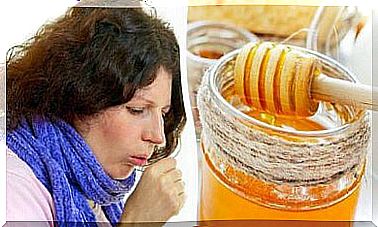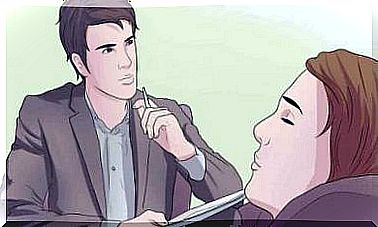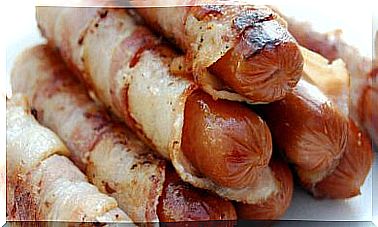4 Tips That Could Help Against Grinding Teeth
This usually happens during the night, which can cause problems and pain.
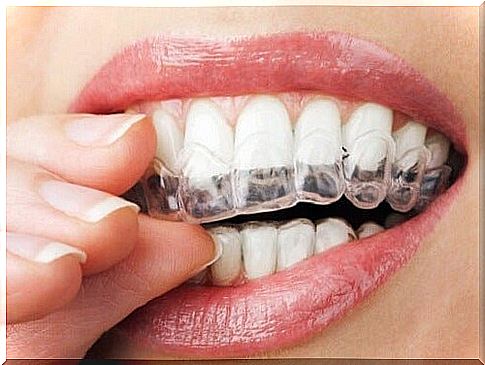
Bruxism is the unconscious grinding or clenching of teeth. What can help against grinding teeth ?
This usually happens during the night, which can cause problems and pain. The consequences can be tooth damage and worn teeth. In this post you will find various tips that can help you to break this unconscious habit.
Interesting facts about bruxism
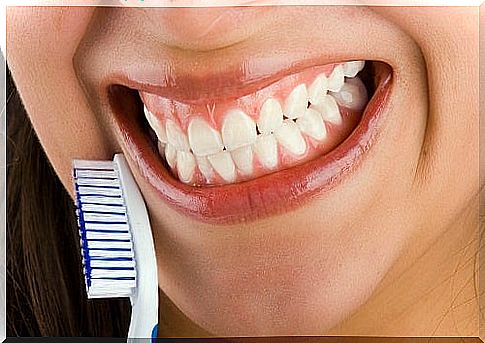
As already mentioned, in bruxism the teeth are strongly pressed together and rubbed. This habit is similar to biting your nail or biting your lip all the time.
This is an unconscious, involuntary reaction that is only noticeable when damage occurs or when someone draws attention to it.
Usually the grinding of teeth is stronger at night. Then the next morning you experience jaw or gum pain, and the strong pressure can even damage your teeth.
What are the most common causes of bruxism? These are very different, but are mostly emotional and psychological. Then we name various possible triggers.
stress
If stress accumulates over several days, weeks or months, it has to be balanced out somehow. In this case, the great tension is shown by grinding teeth and pressing the lower and upper jaw together.
anxiety

On certain occasions – such as before the wedding, the birth of a child, the move, an important trip, etc. – fear and nervousness can be shown by grinding teeth.
Emotional control
If the person concerned is shy and introverted, has problems or has learned not to express his feelings or thoughts and therefore suffers from great pressure, if he cannot speak openly with his family and has to constantly control himself, bruxism can also be the result.
Mental exhaustion
During university exams or stressful phases at work, when there is severe mental exhaustion and there is a lot to do during the day, the tension can also manifest itself at night through grinding of teeth.
What are the consequences of grinding your teeth?
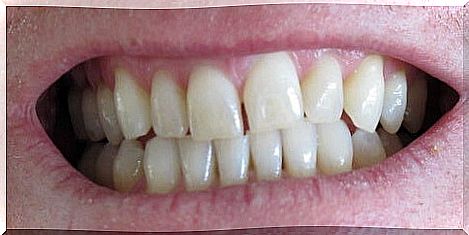
Common secondary symptoms of bruxism are:
- Toothache because of the strong pressure.
- Sore throat and neck pain, as the tension when clenching the teeth and jaw also provokes a wrong posture.
- Discomfort of the temporomandibular joint, which can then also lead to earache.
- Wear and tear on teeth, which are becoming weaker and more sensitive, tooth decay, tooth loss, bleeding gums, etc.
- Jaw pain as well as swelling.
- Insomnia due to pain in the mouth and accumulated stress.
How can you treat bruxism?
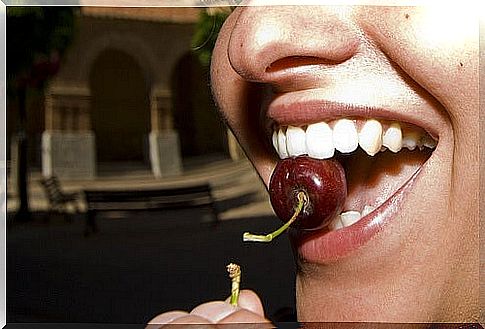
Coping with stress and tension
The first thing to do is try to avoid or manage tension and stress in a healthy way. Before going to bed, it’s important to calm your nerves and relax.
Emotional control is also important: Find ways to leave your worries and tension behind. You can exercise, work less, or manage your time better. Everything for your health.
If you have emotional problems and they are building up inside you, open up and say what’s wrong with you. Stand in front of the mirror, talk to a friend, or seek help from a psychologist. It is important to let go of negative feelings and get rid of them.
If you talk to someone about it, you can find new ways to solve it. Do not be silent if this is unnecessary! Show your feelings instead of choking on them.
Move!

Exercise is an excellent way to relieve tension and stress. You can also use it to prevent unpleasant teeth grinding. Many report that high-intensity sports like boxing, kickboxing, spinning, or running marathons are the most effective.
Others opt for quieter sports like yoga, pilates, or swimming. If you have little free time, you should at least walk a bit every day, dance (at home), or climb stairs instead of using the elevator.
You will relax better this way and then grind your teeth less often.
Cut down on certain foods
Various foods can increase or reduce stress and anxiety. You should better avoid the following products if you suffer from nervousness and bruxism:
- refined sugar
- sugared soft drinks
- Fried
- Fast food
- coffee
- chocolate
- vinegar
- packaged juices
- Soda drinks
In addition, most of these foods are also bad for your teeth and attack tooth enamel. Raw fruits and vegetables, on the other hand, are highly recommended.
They have a filling effect and can replace unhealthy foods. Try different smoothies several times a day. Salads and apples are recommended for dinner.
Drink soothing teas

You can have some calming tea at any time of the day, especially two hours before bed. The following herbs have a relaxing effect:
- Passiflora (passion flower)
- anise
- peppermint
- chamomile
- Orange blossom






